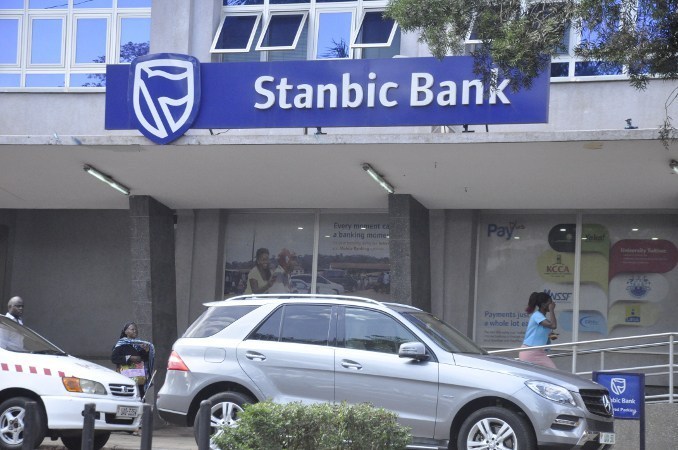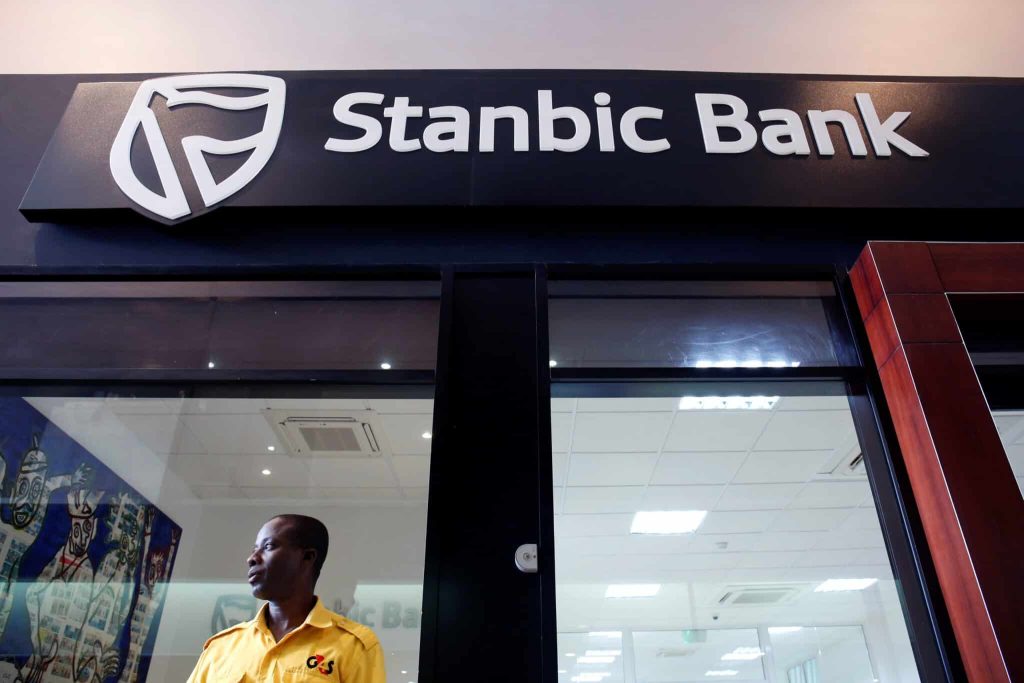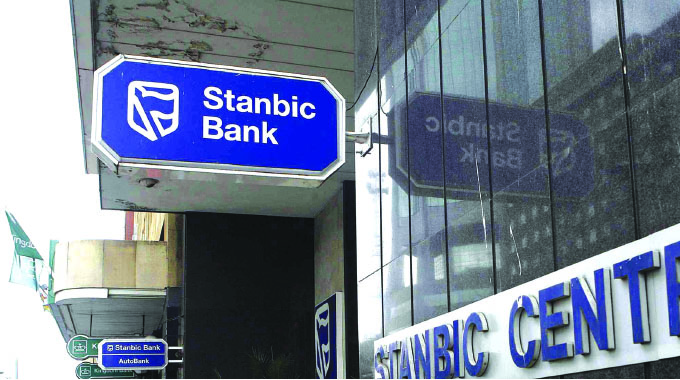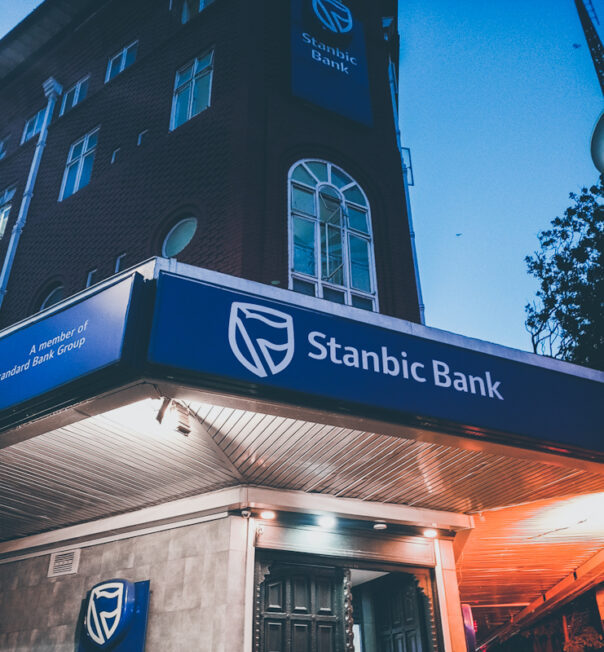
- Kenya private sector growth hits 27-Month high;
Stanbic Bank Kenya Purchasing Managers’ Index (PMI) report has indicated that Kenya’s private sector growth accelerated to a 27-month high in April driven by healthy sales volumes and strong business activity.
According to the report, the PMI rose to 52.0 in April from 51.7 in March, the highest since January 2023.
A figure above 50.0 represents expansion in business activity, whereas a figure below 50.0 signifies a reduction.
 Christopher Legilisho, Economist at Standard Bank, said that Kenya PMIs for April reveal a private sector expanding robustly, and at the fastest pace in over two years.
Christopher Legilisho, Economist at Standard Bank, said that Kenya PMIs for April reveal a private sector expanding robustly, and at the fastest pace in over two years.
“Output and new orders rose due to increased customer sales from marketing, implying a steady improvement in consumer demand conditions in April. Employment conditions improved too in response to higher sales that led to increased workloads for firms, especially those in services and construction,” Legilisho said adding that,
“Price pressures rose mildly in April; input prices rose to a 3-m high, but the rate of inflation was well below the historical average.Output prices also rose as firms passed on buying-price increases to consumers.
 The report said that enhancing demand from clients led to the fastest growth of new orders since February 2022, motivating companies to add production and drive buying activities.
The report said that enhancing demand from clients led to the fastest growth of new orders since February 2022, motivating companies to add production and drive buying activities.
“To address rising demand from consumers, firms ramped up purchasing activity and increased inventories of raw materials and key inputs.
This was especially so in the services and agricultural sectors,” Legilisho noted.
Job growth picked up as firms stepped up to ease workload pressures, with hiring reaching its highest pace in nearly a year.
The hiring was primarily for temporary employees.
 Cost pressures rose as demand strengthened, yet inflation was gentle compared to the past.
Cost pressures rose as demand strengthened, yet inflation was gentle compared to the past.
Input prices reached a three-month high as supply shortfalls and higher taxation drove costs upward, though the inflation rate remained below trend.
In spite of the upbeat momentum, business optimism was one of the weakest in the history of the survey, with just 5 percent of companies expecting output growth in the next 12 months.
Legilisho added that the April PMI suggested a gradual return to growth at the beginning of Q2,2025.
 “Further, inflationary pressures remained muted. Despite an improvement in future expectations, sentiment remains among the weakest in the survey history,” Legilisho noted.
“Further, inflationary pressures remained muted. Despite an improvement in future expectations, sentiment remains among the weakest in the survey history,” Legilisho noted.
PMI survey reported robust expansion in services, agricultural, and construction sectors, against weak manufacturing and wholesale & retail sales.








